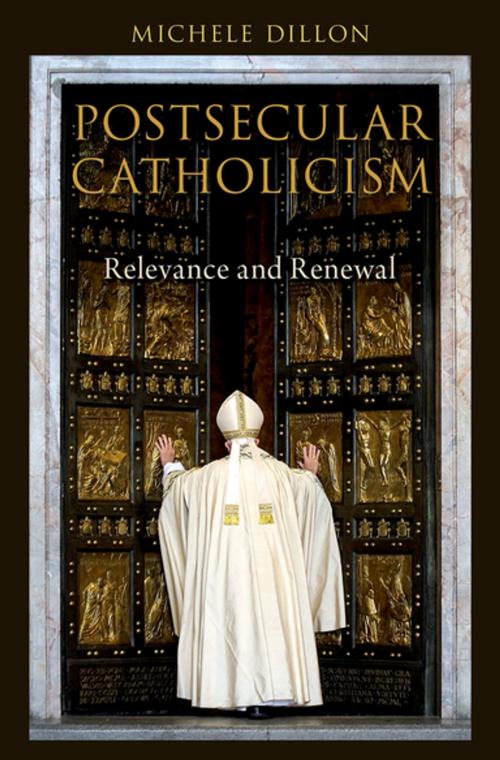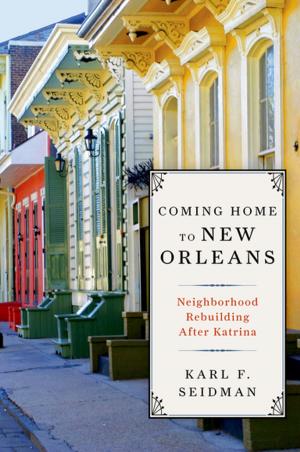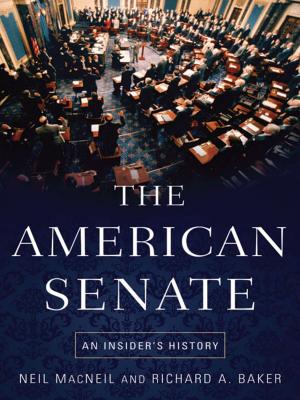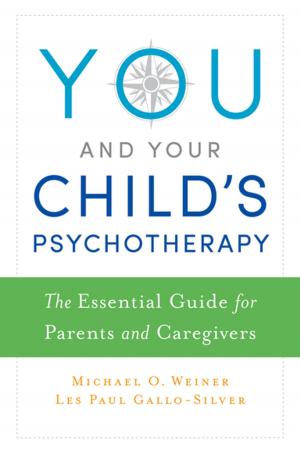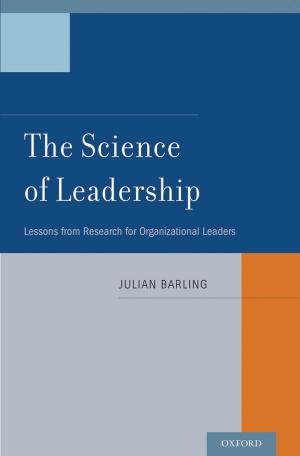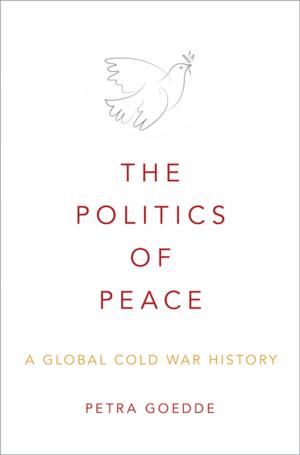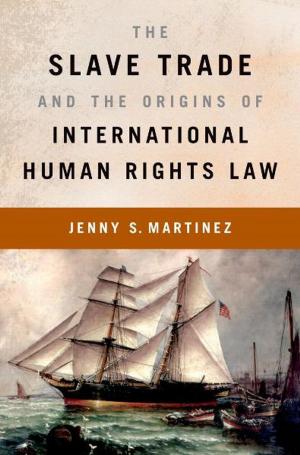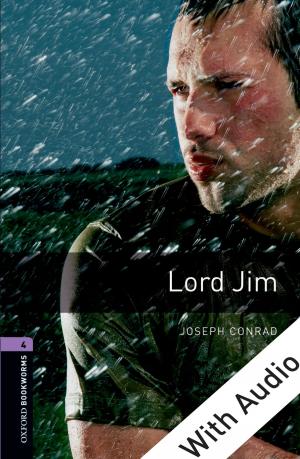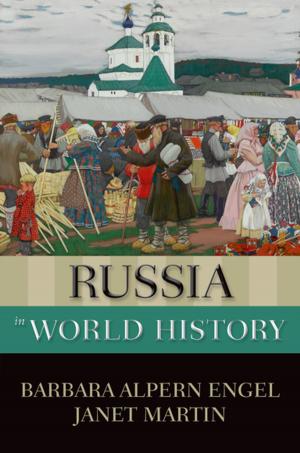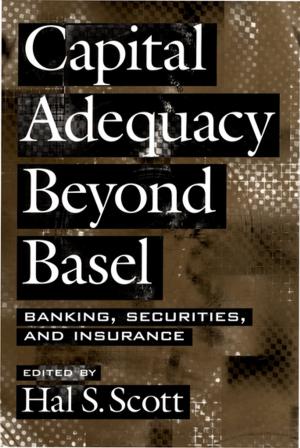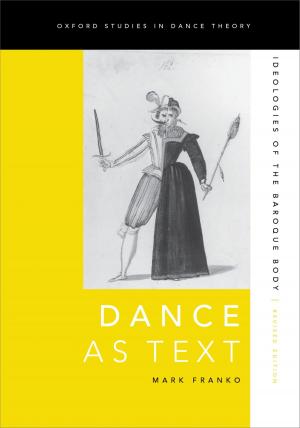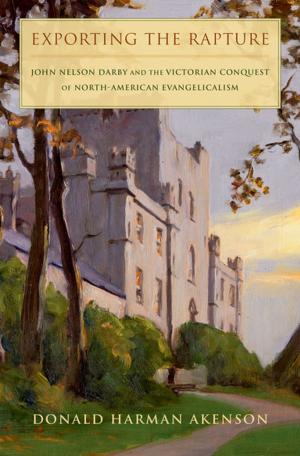Postsecular Catholicism
Relevance and Renewal
Nonfiction, Social & Cultural Studies, Social Science, Sociology, Marriage & Family, Religion & Spirituality, Christianity, Denominations, Catholic, Catholicism| Author: | Michele Dillon | ISBN: | 9780190693022 |
| Publisher: | Oxford University Press | Publication: | March 1, 2018 |
| Imprint: | Oxford University Press | Language: | English |
| Author: | Michele Dillon |
| ISBN: | 9780190693022 |
| Publisher: | Oxford University Press |
| Publication: | March 1, 2018 |
| Imprint: | Oxford University Press |
| Language: | English |
The Catholic Church faces the challenge of maintaining its relevance in an increasingly secularized society. On issues ranging from sexuality and gender equality to economic policy and social welfare, the church hierarchy is frequently out-of-step with Catholics and non-Catholics alike. In Postsecular Catholicism, Michele Dillon argues that the Church's relevance is increasingly contingent on its ability to incorporate secular experiences and expectations into the articulation of the Church's teachings. Informed by the postsecular notion that religious and secular actors should recognize their mutual relevance in contemporary society, Dillon examines how secular realities and church doctrine intersect in American Catholicism. She shows that the Church's 21st-century commitment to institutional renewal has been amplified by Pope Francis's vision of public Catholicism and his accessible language and intellectual humility. Combining wide-ranging survey data with a rigorous examination of Francis's statements on economic inequality, climate change, LGBT rights, and women's ordination, the highly consequential Vatican Synod on the Family, and the US Bishops' religious freedom campaign, Postsecular Catholicism assesses the initiatives and strategies impacting the Church's relevance in the contemporary world.
The Catholic Church faces the challenge of maintaining its relevance in an increasingly secularized society. On issues ranging from sexuality and gender equality to economic policy and social welfare, the church hierarchy is frequently out-of-step with Catholics and non-Catholics alike. In Postsecular Catholicism, Michele Dillon argues that the Church's relevance is increasingly contingent on its ability to incorporate secular experiences and expectations into the articulation of the Church's teachings. Informed by the postsecular notion that religious and secular actors should recognize their mutual relevance in contemporary society, Dillon examines how secular realities and church doctrine intersect in American Catholicism. She shows that the Church's 21st-century commitment to institutional renewal has been amplified by Pope Francis's vision of public Catholicism and his accessible language and intellectual humility. Combining wide-ranging survey data with a rigorous examination of Francis's statements on economic inequality, climate change, LGBT rights, and women's ordination, the highly consequential Vatican Synod on the Family, and the US Bishops' religious freedom campaign, Postsecular Catholicism assesses the initiatives and strategies impacting the Church's relevance in the contemporary world.
